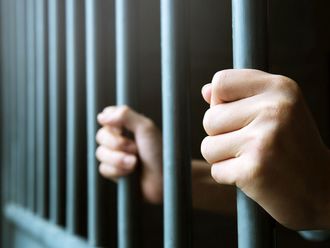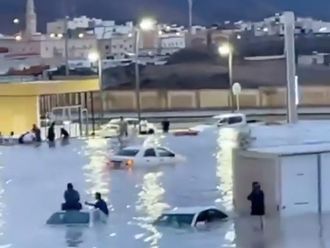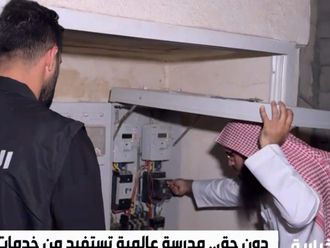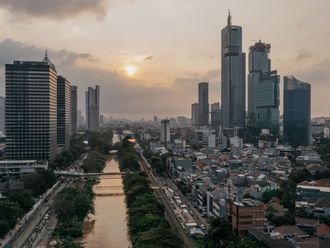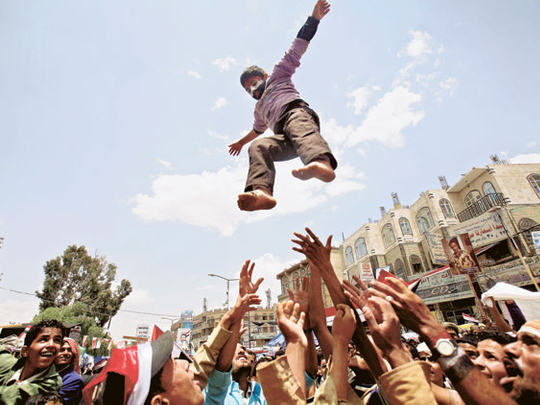
Manama: A Kuwaiti lawmaker on Monday filed a series of questions to ministers from various sectors — including education, interior, social affairs and labour, and trade and industry — for details of the Iranian presence in Kuwait.
"We would like the education minister to tell us the number of Iranian schools allowed to operate in Kuwait," MP Mohammad Hayef said. "We want to also know the number and nationality of both the students and the administrative and teaching staff," he added.
The lawmaker also sought information on whether investors have requested setting up Iranian universities or colleges in the country, adding that he required full details about the same, Al Aan news portal reported.
The interior minister was asked to inform the parliament about the number of Iranians working in the public sector, with details about them and the nature of their work.
Permits allotted
The MP also requested information about the number of Iranians who have been allotted family, business and health visas, to enter Kuwait, since 2005.
"I want to know the number of Iranians who live in Kuwait and the percentage of men, women and children," he said.
"I want information about the presence of Iranians in Kuwait since 2005 and the number of Iranians staying illegally in the country."
In the third set of questions, Hayef sought information about the number of work permits accorded to Iranians since 2005, the number of visit visas converted into work permits and the number of Iranians working in companies that are partly owned by the government.
The trade and industry minister was asked to provide answers on the number of Iranian companies licensed to work in Kuwait and the nature of their work.
"I would like to know how many Kuwaiti companies are using Iranian funds," he said.
The questions are a new indication of the tense relations between Kuwait City and Tehran, following deep divergences over the situation in Bahrain and the death sentence accorded by a Kuwaiti court to two Iranians for their alleged roles in a spy ring.
Kuwait has strongly denounced Iran's meddling in the domestic affairs of the Gulf Cooperation Council (GCC), after Iranian leaders criticised the alliance for sending units from the Peninsula Shield, the military arm of the GCC, into Bahrain last month.
Kuwait also blamed Iran for undermining ties by engaging in espionage activities on its territories.




